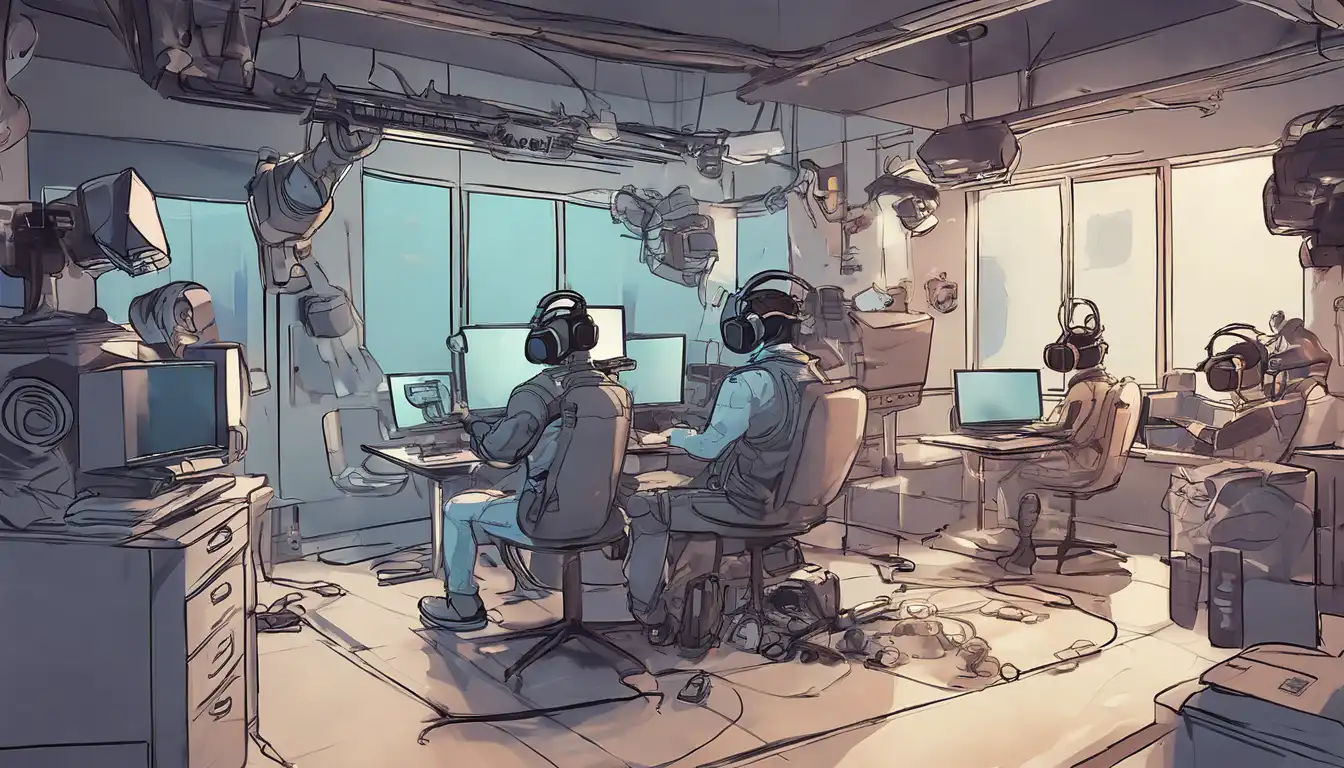Introduction to Virtual Reality Development
Virtual Reality (VR) development is an exciting field that combines creativity with technology to create immersive experiences. Whether you're interested in gaming, education, or training simulations, VR offers endless possibilities. This guide will walk you through the basics of getting started with VR development.
Understanding the Basics of VR
Before diving into development, it's essential to understand what VR is and how it works. VR creates a simulated environment that users can interact with in a seemingly real or physical way. This is achieved through specialized hardware like VR headsets and input devices.
Choosing the Right Tools and Software
There are several tools and platforms available for VR development. Some of the most popular include Unity and Unreal Engine, which offer robust support for VR projects. Additionally, you'll need to familiarize yourself with programming languages such as C# for Unity or C++ for Unreal Engine.
Setting Up Your Development Environment
Setting up your development environment is a crucial step. This involves installing the necessary software, SDKs (Software Development Kits), and ensuring your hardware meets the requirements. For beginners, starting with a platform like Unity and a compatible VR headset such as Oculus Rift or HTC Vive is recommended.
Creating Your First VR Project
Once your environment is set up, you can start creating your first VR project. Begin with simple tasks like setting up a VR scene, adding basic interactions, and testing your project on a VR headset. Remember, the key to mastering VR development is practice and experimentation.
Best Practices for VR Development
To create engaging and comfortable VR experiences, follow these best practices:
- Optimize performance to prevent motion sickness.
- Ensure user interfaces are intuitive and accessible.
- Test your projects frequently on actual VR hardware.
Resources for Further Learning
There are numerous resources available to help you advance your VR development skills. Online courses, forums, and documentation provided by platforms like Unity and Unreal Engine are great places to start. Additionally, joining VR development communities can provide valuable insights and support.
Embarking on your VR development journey can be both challenging and rewarding. By starting with the basics and gradually building your skills, you'll be well on your way to creating immersive virtual experiences. Remember, the VR landscape is constantly evolving, so staying updated with the latest trends and technologies is crucial.
